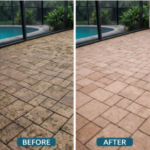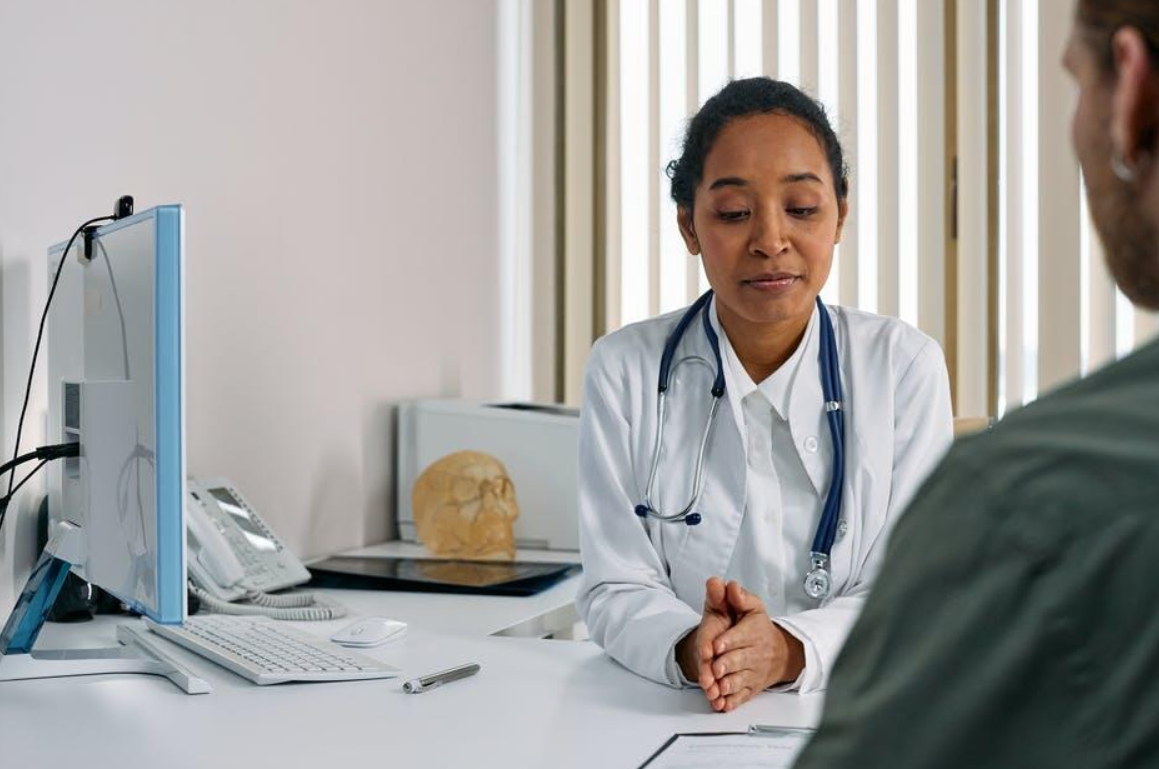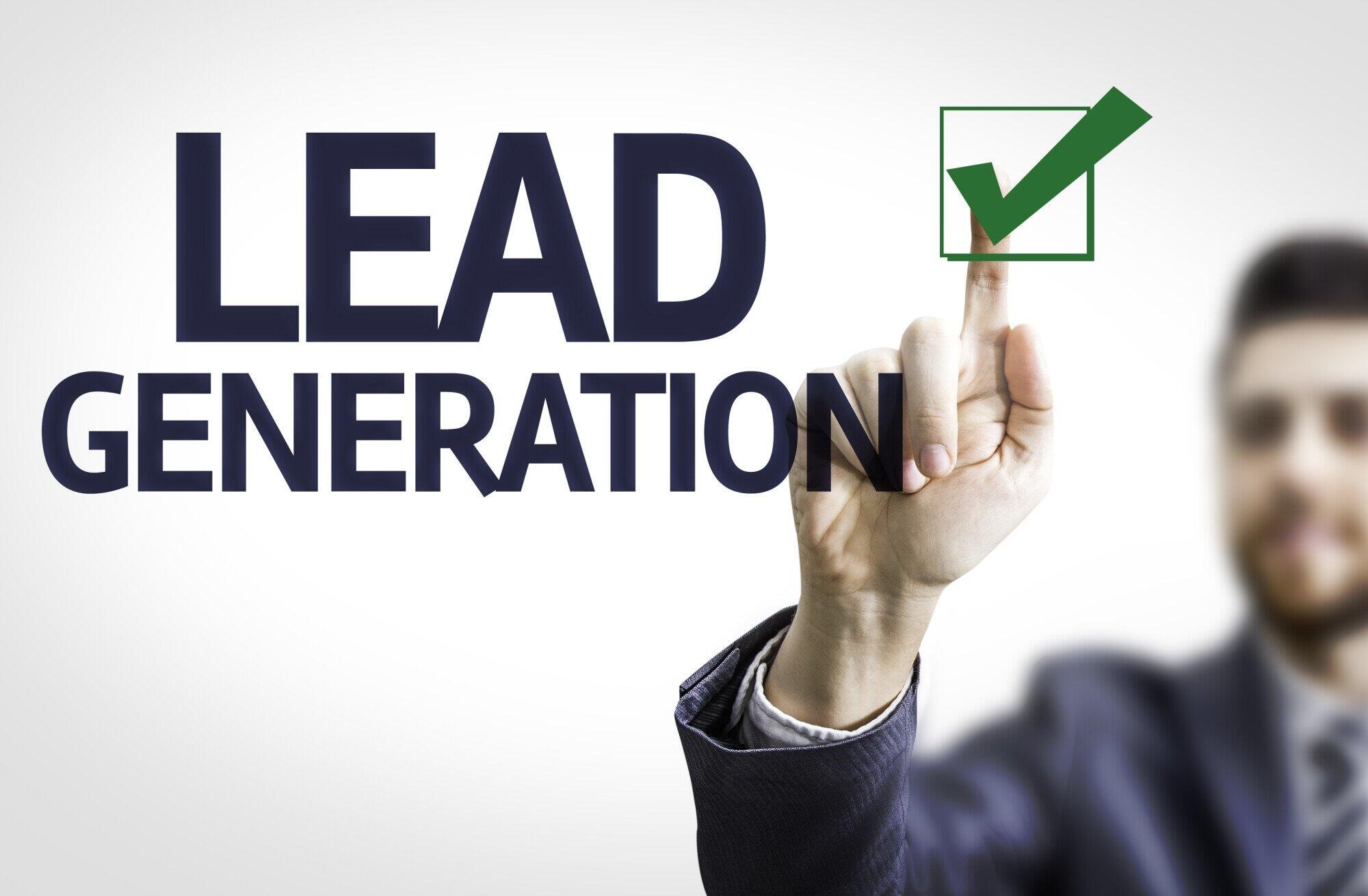At the very basic, staying safe means locking doors or steering clear of unsafe areas. But personal safety goes beyond these habits. It is shaped by the choices we make every day—how we carry ourselves in public, how distracted we are, and what we expose online without realizing it.
Take Miami, for example, a city known for its nightlife, tourism, and crowded public spaces. While it offers energy and culture, it also demands a sharper sense of awareness. Personal safety here isn’t just a precaution. It is a practical necessity.
Here are five important aspects of safety that people often overlook but shouldn’t.
1. Situational Awareness Isn’t Just for Emergencies
Situational awareness isn’t just for emergencies, it’s a key part of everyday safety. It means staying alert to your surroundings and noticing subtle changes that might signal danger. This skill is especially important for anyone who carries a concealed weapon.
Most threats don’t come with a warning. They often appear during routine moments, like walking to your car, waiting in line, or entering a new place. If you’re distracted or on autopilot, you’re more likely to miss the early signs of trouble. And if you miss those signs, having a weapon won’t help you respond in time, or might lead to a poor decision.
Carrying a concealed weapon without awareness creates a false sense of security. The real advantage comes from knowing when, and when not to act. You need more than just a permit; you need the judgment to match. If you’re interested in strengthening your ability to read your environment and respond under pressure, look for your local Miami CCW classes. These courses offer real-world training that helps you stay calm, think clearly, and make smart decisions when it matters most.
2. Digital Footprints Can Be Dangerous
Social media makes it easy to stay connected, but it also makes it easy for strangers to learn a lot about you. People often forget that their online presence can give away more than they realize, like when they’re on vacation, where they live, or even where their kids go to school.
Something as simple as tagging your location in real time or posting about your daily routine can create unnecessary risks. It might seem harmless, but those small details could be useful to someone with bad intentions.
To stay safer online:
- Avoid posting real-time updates of your location, especially when you’re alone or away from home.
- Review your privacy settings regularly and limit who can see your posts.
- Don’t overshare about your family, workplace, or schedule.
- Use caution when accepting friend requests or messages from strangers.
Also, be aware that even deleted posts or private messages may still be accessible through screenshots or data leaks. Once something’s online, it’s hard to take it back completely.
Take a moment to think before you post. You don’t have to live off the grid, but you should know who you’re sharing your life with.
3. The Importance of Regular Self-Defense Knowledge
Self-defense isn’t just about knowing how to throw a punch. It’s about building confidence, practicing awareness, and knowing how to react if a situation starts to go south.
A lot of people take a self-defense class once and then forget everything they learned. But like any skill, it fades without practice. That’s why it’s important to refresh your knowledge now and then, just like you would with first aid or CPR.
Here are some easy ways to stay sharp:
- Sign up for a local self-defense refresher course every year or two.
- Watch reputable videos online to review techniques and safety tips.
- Practice using personal safety tools like pepper spray, alarms, or flashlights.
- Role-play basic safety scenarios with friends or family.
You don’t have to become a martial artist or carry around a ton of gear. Even small things—like standing tall, making eye contact, and setting boundaries—can help deter a threat.
And don’t underestimate verbal skills. Knowing how to speak with confidence and say “no” firmly can go a long way in keeping you out of trouble.
4. Home Safety Isn’t a One-Time Setup
People tend to think that once they’ve installed a security system, locked their doors, or bought a camera, their home is automatically safe. But like any other safety measure, home protection needs regular attention.
Let’s break it down:
- Security systems should be tested at least once every few months to make sure they’re working properly.
- Wi-Fi routers and camera passwords should be updated regularly to avoid hacking.
- Spare keys should never be hidden in obvious places like under doormats, fake rocks, or flower pots.
You should also keep your garage, basement, and windows in mind—these are common entry points that are easy to overlook. Walk around your home from the outside at night. Are there dark areas someone could hide in? Are valuable items visible through the windows?
Other tips to strengthen your home safety:
- Install motion-activated lights outside.
- Keep bushes and trees trimmed to reduce hiding spots.
- Use smart locks or doorbell cameras to keep an eye on who’s coming and going.
And remember—your routine can work against you. If you leave and return at the same time every day, it becomes easy for someone to track your habits. Try switching things up occasionally.
5. Emotional Safety Matters Too
When people talk about safety, they usually mean physical threats. But emotional or mental safety is just as important—and often harder to recognize.
Think about it: how many times have you felt uncomfortable around someone but didn’t know why? Or maybe you’ve been in a relationship, friendship, or work situation where your boundaries weren’t respected, but you didn’t feel like you could speak up?
That’s emotional risk. And over time, it can take a serious toll on your well-being.
Here are signs you might be in an emotionally unsafe situation:
- You feel drained or anxious after spending time with someone.
- You’re constantly second-guessing yourself or being manipulated.
- Your needs and concerns are ignored or dismissed.
- You’re made to feel guilty or ashamed for setting boundaries.
It’s okay to distance yourself from people who cross the line—even if they’re close to you. Talk to a therapist, trusted friend, or support group if something doesn’t feel right. Emotional safety is not a luxury—it’s a necessity.
You deserve to feel respected, heard, and supported in every part of your life.
Personal safety isn’t about living in fear—it’s about being smart, prepared, and aware. The things we forget are often the ones that matter most: staying alert in everyday situations, thinking twice before we post online, keeping self-defense skills fresh, checking in on our home setup, and protecting our emotional space.
You don’t have to change your entire life overnight. Just take a few minutes each week to think about how you can be a little safer at home, outside, online, and in your relationships.
Safety isn’t one big decision. It’s a bunch of small ones that add up.














